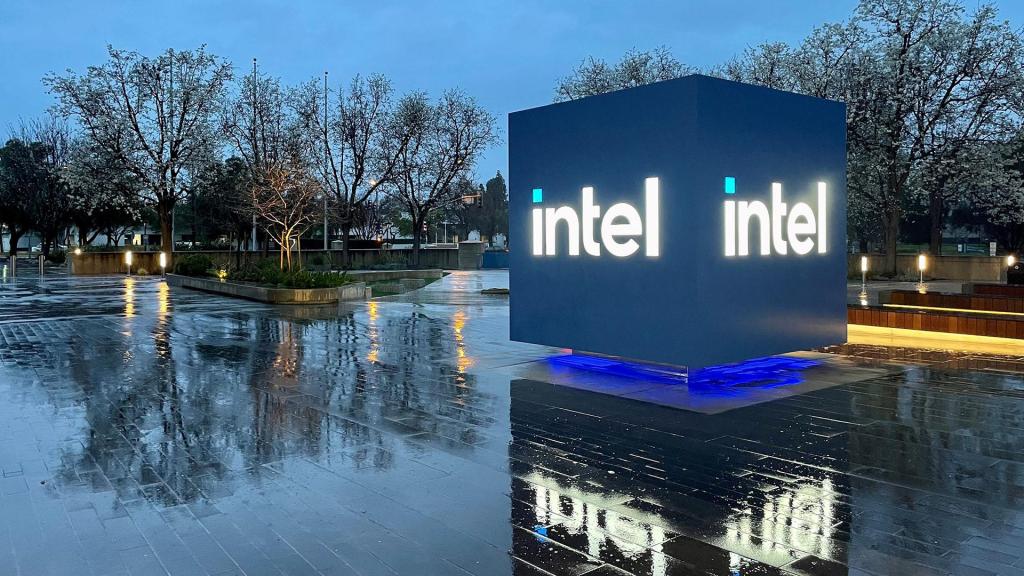The landscape of startup operations is undergoing a significant transformation as artificial intelligence (AI) becomes increasingly integrated into foundational business processes. At the upcoming TechCrunch Disrupt 2025, scheduled for October 27–29 at San Francisco’s Moscone West, industry leaders will convene to explore this paradigm shift. A focal point of the event is the panel discussion titled AI Hires or Human Hustle? Inside the Next Frontier of Startup Operations, which aims to dissect the implications of substituting or augmenting early-stage employees with AI agents.
Panel Overview
This session, hosted on the Builders Stage, will feature a diverse group of technical founders and seasoned operators who are actively implementing AI in their business models. The discussion will center on determining the optimal balance between human involvement and machine automation, addressing critical questions about the extent to which AI can or should replace human roles in startups.
Featured Speakers
– Caleb Peffer: As the founder and CEO of Firecrawl, Peffer has developed a platform that enables over 350,000 developers, including those at companies like Shopify and Zapier, to integrate AI directly into live web environments. His developer-centric approach is reshaping how AI agents interact with the internet and manage data at scale.
– Jaspar Carmichael-Jack: Leading Artisan, Carmichael-Jack has garnered attention with his Stop Hiring Humans campaign. His company has secured $35 million in funding to create AI employees, beginning with sales functions. He offers bold insights into the feasibility and implications of replacing traditional go-to-market teams with AI-driven solutions.
– Sarah Franklin: Currently the CEO of Lattice and formerly the president and CMO of Salesforce, Franklin brings extensive experience in scaling companies effectively. She provides a nuanced perspective on where AI integration is beneficial and where human expertise remains indispensable.
Significance of the Session
The integration of AI into startup operations is not merely a trend but a fundamental shift that presents both opportunities and challenges. This panel aims to move beyond the hype, focusing on tangible aspects such as return on investment (ROI), trust, team dynamics, and the broader implications of building businesses that operate with increased efficiency and reduced human intervention.
Broader Context
The conversation at TechCrunch Disrupt 2025 is set against a backdrop of rapid advancements in AI technology and its growing adoption across various industries. Startups are increasingly leveraging AI to automate tasks traditionally performed by humans, such as outbound sales, billing, and customer support. This shift raises important questions about the future of work, the role of human creativity and judgment, and the ethical considerations of AI deployment.
Implications for Startups
For startups, the decision to integrate AI into their operations involves several considerations:
1. Efficiency Gains: AI can handle repetitive and time-consuming tasks, allowing human employees to focus on strategic and creative endeavors.
2. Cost Management: Automating certain functions can reduce labor costs, but it requires upfront investment in technology and ongoing maintenance.
3. Scalability: AI systems can scale operations quickly without the need for proportional increases in human resources.
4. Quality Control: Ensuring that AI systems perform tasks accurately and ethically is crucial to maintaining trust and brand reputation.
5. Human-AI Collaboration: Determining the optimal balance between human input and AI automation is essential for maximizing productivity and innovation.
Ethical and Social Considerations
The integration of AI into the workforce also brings ethical and social considerations to the forefront:
– Job Displacement: As AI takes over certain tasks, there is a risk of displacing human workers, leading to unemployment and social unrest.
– Bias and Fairness: AI systems can inadvertently perpetuate biases present in their training data, leading to unfair outcomes.
– Transparency: Ensuring that AI decision-making processes are transparent and understandable is vital for accountability.
– Privacy: AI systems often require access to large amounts of data, raising concerns about user privacy and data security.
Future Outlook
The discussions at TechCrunch Disrupt 2025 are expected to provide valuable insights into the future of startup operations in an AI-driven world. Attendees will gain a deeper understanding of how to effectively integrate AI into their business models, the potential pitfalls to avoid, and the strategies for fostering a collaborative environment where humans and AI systems work together harmoniously.
Conclusion
As AI continues to evolve and permeate various aspects of business operations, startups must navigate the complexities of integrating these technologies thoughtfully and ethically. The panel at TechCrunch Disrupt 2025 offers a timely platform for exploring these issues, providing attendees with the knowledge and tools needed to make informed decisions about the role of AI in their organizations.



